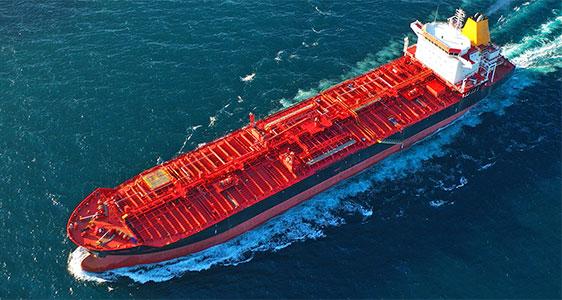
The maritime industry is on the brink of a transformative change as the Oil Companies International Marine Forum (OCIMF) propels forward with its digitalized tanker inspection regime, SIRE 2.0. This groundbreaking initiative marks a significant shift from conventional inspection methodologies, replacing traditional SIRE inspections for tankers. The first phase of this four-phased roll-out has been successfully completed, setting the stage for a comprehensive transition that promises to redefine vessel safety assessments and operational evaluations.
SIRE inspections have long served as a cornerstone of maritime safety, offering insights into vessel integrity and performance. With SIRE 2.0, OCIMF introduces an innovative approach to inspections, empowered by digitalization. Accredited inspectors now leverage tablets to conduct bespoke risk-based inspection questionnaires, ushering in a new era of inspection personalization. The SIRE 2.0 Question Library challenges vessel operators and crew to be prepared for a dynamic range of inquiries, ensuring a thorough evaluation of their readiness.
Crucially, SIRE 2.0 extends its scope beyond technical aspects, emphasizing the human element of maritime operations. This revamped program permits inspectors and vessel operators to submit photographic and documentary evidence, adding layers of depth to the inspection process. Additionally, inspectors now have the capability to recognize instances where vessel crews exceed expectations, fostering a culture of excellence within the industry.
Aaron Cooper, the Programmes Director at OCIMF, acknowledges the significance of this transition. Recognizing the magnitude of this industry-wide change, Cooper emphasizes the careful phasing of the transition. Phase one, where invited parties conducted SIRE 2.0 inspections with OCIMF’s support, proved successful, gathering invaluable feedback. The ongoing phase two involves a larger cohort of participants conducting inspections independently, aiming to assess the system’s user-friendliness.
OCIMF’s proactive engagement with the industry, encompassing training sessions and outreach efforts, underscores the organization’s commitment to a smooth transition. The call for participants to familiarize themselves with SIRE 2.0 documentation reflects a commitment to ensuring a seamless shift. The imperative nature of participating in phase three is highlighted, as it presents an opportunity for all program users to conduct a SIRE 2.0 inspection, testing their preparedness before the system’s full implementation in phase four.
As this digital transformation accelerates, OCIMF ensures that industry stakeholders receive ample notice before the activation of phase three. Although SIRE 2.0 inspections will be conducted for familiarization and testing purposes, the existing VIQ7 system will continue to drive commercial inspections during this phase.
In conclusion, OCIMF’s SIRE 2.0 initiative stands as a pivotal juncture in maritime safety and assessment. This comprehensive digitalization promises to revolutionize tanker inspections, transcending traditional boundaries and embracing the dynamic possibilities of the digital era. With an eye toward meticulous preparation and industry-wide collaboration, the maritime sector sets sail into a future where safety and innovation converge.

